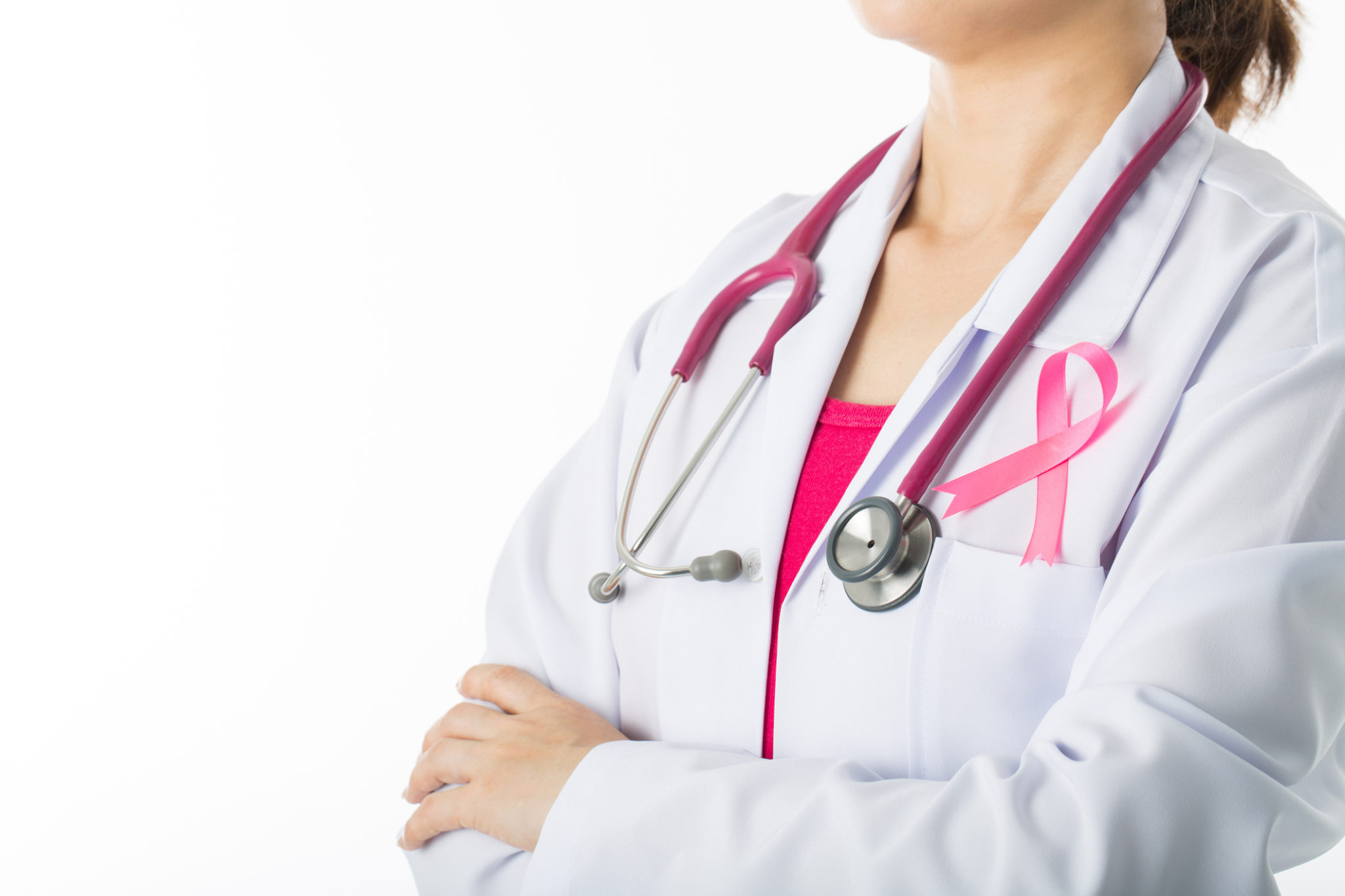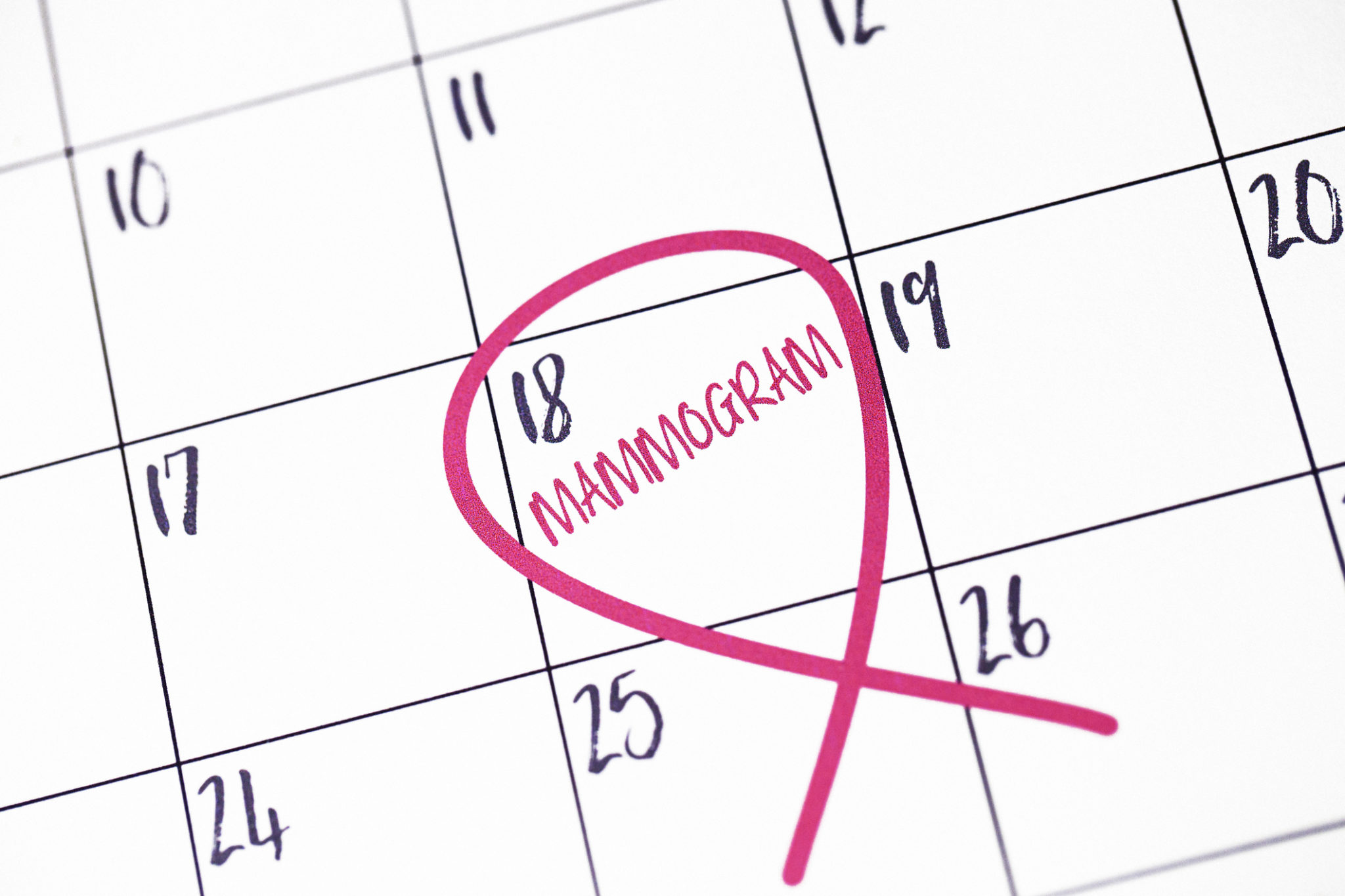14-year-old Survives Serious Sledding Accident
FEB 05, 2014Sledding accidents land about 20,000 children in the emergency department each year. Researchers found those ages 10 to 14 were ...
Read More
There was a time when I didn’t think I could go one day, one minute, one second without thinking about cancer. My cancer. THE cancer. The cancer that my rebellious body had been secretly growing for the past 2 years, sneakily slipping under the radar and getting misdiagnosed as a benign cyst or some other weird mass that decided to hang out in my breast.
When my doctor gave me the bad news, I thought maybe I hadn’t heard her correctly. Or maybe my results got mixed up with someone else’s? I held on to this fantasy that she would later call me and say it was all a mistake. Time stood still. Life became surreal. I couldn’t seem to focus on anything. Everything familiar suddenly seemed strange and trivial. Everyone moved in slow motion.
My kids started reading “Our Mom has Cancer” books and cried at night. They worried about my hair falling out and people laughing at me. We had a head shaving party to try make light of my impending baldness. This was my life, “the lost year.” No more regular mom stuff.
The worse part of cancer is the unknown. Has it spread? What stage am I in? What kind of surgery do I need? How much chemotherapy will I need? Has the chemo worked for other patients? Will it work for me? How about radiation? And, maybe the most wrenching and potentially devastating question: Am I going to die?
For the year I was in treatment, I was living in limbo. Two years have passed and I’m still in limbo. Some of my questions have been answered, but ultimately, the only way to answer the others is to let time pass and continue with life.
I’ll spare the riveting details of my treatment and all the fabulous side effects that went with it as they are not crucial to my story. Hope is what I want my story to be. Not in the sense that “I hope I don’t die,” although of course, that definitely does help. Hope for cancer patients in a sense that there will be moments, hours, days that pass when you don’t consider yourself a cancer patient, when you don’t think about cancer. It will come slowly at first, the distance between oneself and cancer. Gradually, the distance grows until some times, you’re only reminded of it by well-meaning acquaintances asking “how you’re doing.” The realization that life has resumed despite everything, is glorious! And though I’d never wish it on anyone and would gladly sacrifice any shred of insight imbued from this experience if I could have never been sick, cancer is one amazing perspective check. It forces one to tackle that personal inventory that’s been put off for too long. What’s really important? What’s not? What will make a difference one year, five years, ten years from now? What will I forget about in two weeks?
There is hope for a “new” normal that will be just as good as the “old” normal, the “before-cancer-normal,” and in some ways, even better.
– Erica

Sledding accidents land about 20,000 children in the emergency department each year. Researchers found those ages 10 to 14 were ...
Read More
Vira Brooks had three sons in high school. And she had newly-diagnosed breast cancer. "I remember hearing the words, ‘You have ...
Read More
When Carmen Campisi called to schedule her mammogram, she hadn't heard of the new 3-D technology, or tomosynthesis, at CHI ...
Read MoreWhen you need local health information from a trusted source, turn to the CHI Health Better You eNewsletter.